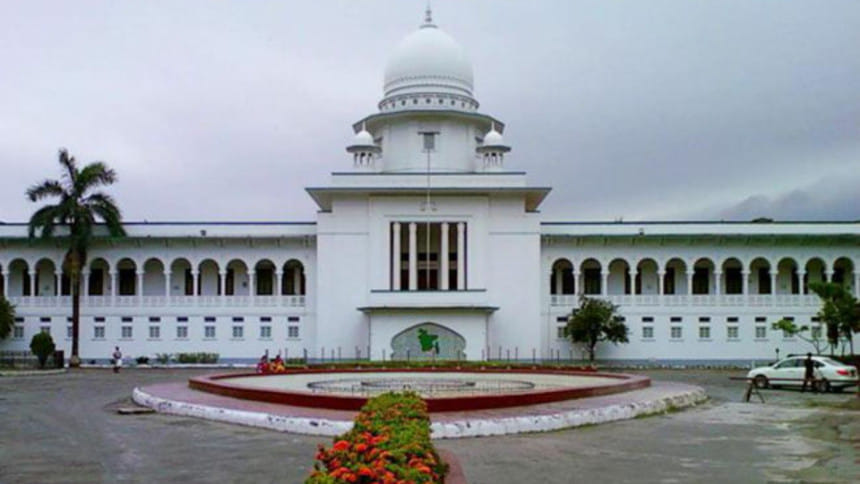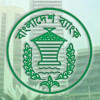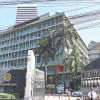Rescheduling Defaulted Loans: It will benefit the influential borrowers

The Supreme Court yesterday expressed dissatisfaction at Bangladesh Bank for issuing a circular that allows defaulters to reschedule their defaulted loans for a period of 10 years upon a down payment of just two percent of the total loan amount, and to get further loans.
If the circular remains in effect, loan defaulters will get a chance to borrow more from different banks and this will benefit the influential people, the court said.
The SC came up with the observation while hearing a petition filed by the finance ministry seeking a stay on a High Court order that issued a status quo on the circular issued by the BB on May 16.
The apex court observed that actions, including filing of cases, were taken against common people like farmers and other villagers when they failed to pay back small amounts of loans. However, the big loan defaulters did not face appropriate action, it said.
So the provision of the BB circular may create discriminations and it needs to be examined, the SC said.
At one stage of the hearing, the top court asked whether there was any guarantee that some other banks like BASIC Bank or Farmers Bank would not collapse due to the provision.
After holding hearing on the finance ministry’s petition, the SC stayed for two months the HC’s order of status quo with a condition that the banks can allow defaulters to reschedule loans on depositing two percent down payment, but cannot give them any fresh loan.
A four-member SC bench headed by Chief Justice Syed Mahmud Hossain also asked the HC bench led by Justice JBM Hassan to hear and dispose of the writ petition filed in this regard in the next two months.
Writ petitioner’s lawyer Manzill Murshid told The Daily Star that the defaulters can be allowed to reschedule their defaulted loans, but they cannot get fresh loans from any bank following the SC order.
During the hearing, Attorney General Mahbubey Alam appeared for the finance ministry and told the SC that the government has decided to give opportunity to the borrowers to reschedule the loans and to get further loans for the national interest. It is a policy of the government and the industries sector is involved here, he said.
He prayed to the apex court bench to stay the HC order of status quo so that the borrows can reschedule their loans and get further loans from bank.
Manzill Murshid opposed the finance ministry’s petition and told the court that the BB issued the circular in order to frustrate the writ petition, because, by virtue of the circular, the loan defaulters will not be treated as defaulters after they pay a down payment of two percent of the total amount and that action cannot be taken against them.
Taking the opportunity, the loan defaulters will again borrow loans from different banks, he argued.
Citing different newspaper report, the lawyer told the apex court that the prime minister has asked the authorities concerned to find out the loan defaulters, many of whom are leading luxurious lives at home and abroad.
Such a group of loan defaulters has influenced and convinced the Bangladesh Bank into issuing the circular to continue to get the benefit, he said.
Following a writ petition filed by Human Rights and Peace for Bangladesh (HRPB), the HC on May 21 issued a status quo till June 24 on the central bank’s circular. The same court on June 24 extended the order for next two months.
During the hearing on the writ petition, the HC on May 21 had observed that the country’s banking sector was no longer business-friendly, rather banks have become organisations of usurers.
“Another Tk 100,000 crore may be laundered from the country if the big loan defaulters are given further opportunity to get bank loans in line with Bangladesh Bank’s May 16 circular,” the HC said.
The HC also said, “The central bank on the one hand is patronising the big loan defaulters by giving them various facilities. And on the other hand, it is harassing small loan defaulters by filing cases related to loans and bank cheques. It is like punishing the good and favouring the bad.”
Following the same petition of the finance ministry, the SC chamber judge on July 2 stayed the HC orders till yesterday.
The SC chamber judge also sent the finance ministry’s petition to an SC full bench for hearing on the matter yesterday.
After the HRPB filed the petition, the HC issued a rule asking the authorities to explain why their failure or inaction to stop various irregularities and corruption in sanctioning loans and offering waiver of interest payments against bank loans in the last 20 years should not be declared illegal.
Those made respondents to the rule were secretaries to the Cabinet Division, the Prime Minister’s Office, the finance ministry, the financial institutions division and the law ministry, the BB governor, and the chairmen of the National Board of Revenue and the Anti-Corruption Commission.

 For all latest news, follow The Daily Star's Google News channel.
For all latest news, follow The Daily Star's Google News channel. 








Comments